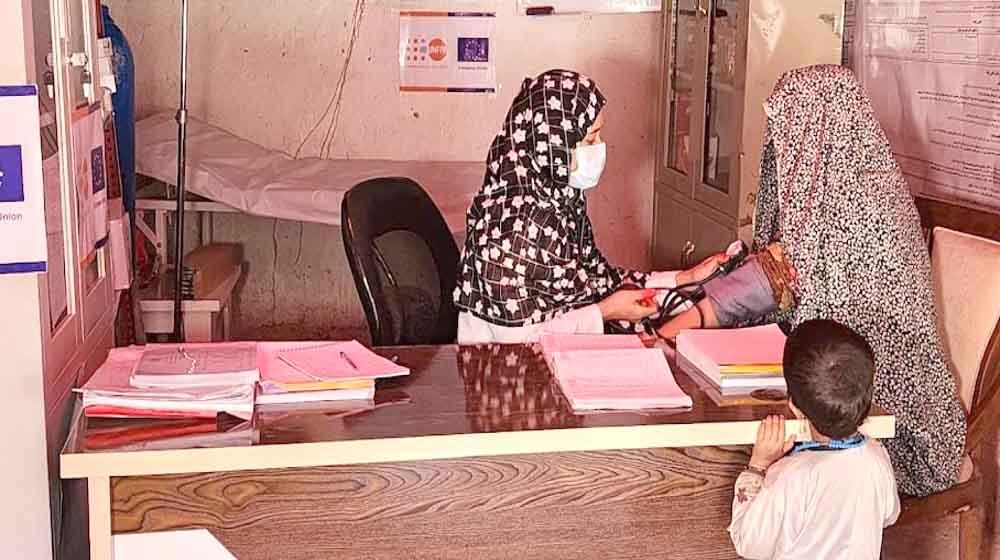Uruzgan, Afghanistan – Zardana felt a tinge of sadness as she accompanied her son’s pregnant wife for antenatal care at the Family Health House (FHH) in their village. It brought her back seven years ago when another daughter-in-law died on the way to a health facility to deliver.
“Hazrat Bibi was just 19 years old and was about to give birth to her first child,” Zardana recalled. They had planned for Hazrat Bibi to deliver the traditional way – at home, assisted by an unskilled birth attendant.
It was a decision forced by circumstances as there was no nearby health facility in their village during that time, and the most accessible health care was traditional medical practice, including giving birth at home. Unfortunately, many of these deliveries were risky and led to issues such as prolonged labour, excessive bleeding, complications, and even death.
Zardana recalled that Hazrat Bibi experienced labour pains for five days.
“She experienced intense pain in the lower abdominal area for five days,” Zardana said. We travelled for two hours on a donkey – the only transport means we had – to reach the untrained traditional birth attendant, but she was unable to manage Hazrat Bibi’s condition.”
When they realized that the traditional birth attendant could not do anything, that’s when they decided to bring Hazrat Bibi to the Provincial Hospital. But it was too late.
“We found a vehicle to take her to the Provincial Hospital. Unfortunately, Hazrat Bibi did not make it,” Zardana tearfully recalled. “She passed away during the journey.”
Today, Zardana is thankful for the presence of the FHH, which was established in their village through the partnership of UNFPA and the European Union. As she accompanied another pregnant daughter-in-law, Shughla, for antenatal care, Zardana thought Hazrat Bibi would have survived if they had the same facility in the community seven years ago. “We could have averted that tragic maternal death,” she said.
At the FHH, the midwife offered Shughla essential support. She advised Shughla to maintain regular visits for antenatal care, watch her diet, and take supplements to ensure a healthy pregnancy.
The presence of the FHH instilled confidence and comfort in Zardana and her community, as they now have access to skilled and professional midwives just a short walk away from their homes. The community no longer has to worry about transporting pregnant women long distances to reach a health facility as they did in the past.



